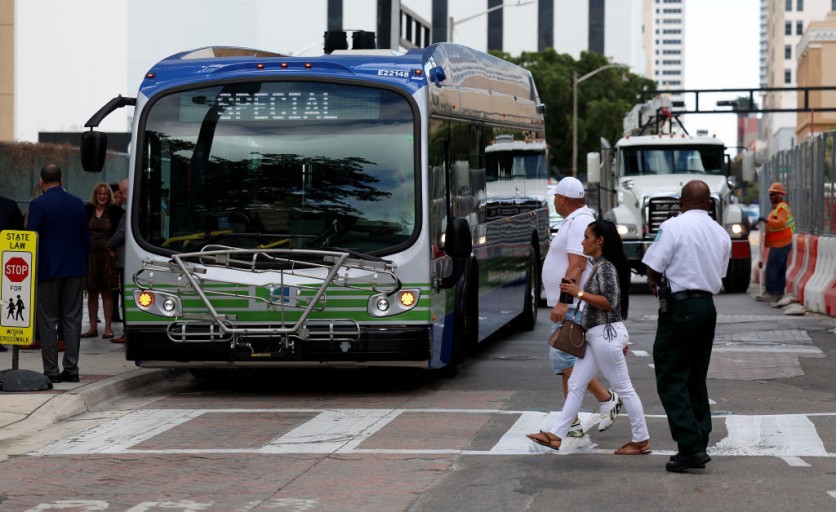Concern in the automotive and renewable energy industries was raised by the bankruptcy filing of Proterra, a business that makes electric buses. The failure draws attention to the nuanced interactions between governmental assistance, corporate responsibility, and the brittleness of growing sectors.

Proterra's Rise
Proterra was established in 2004 with the intention of revolutionizing public transportation with environmentally friendly electric buses.
Daimler, Generation Investment Management, Kleiner Perkins, Tao Capital Partners, Soros Fund Management, Cowen Sustainable Advisors, and GM Ventures provided significant financial support.
The ardent backing of the Biden administration, however, made Proterra's future more challenging.
Political Support
Proterra has received the support of President Joe Biden, a supporter of green technology and environmental sustainability, as a benchmark of American ingenuity.
However, the distinction between political advocacy and well-informed decision-making was frequently muddled by the administration's recommendations.
As a supporter of Proterra and a former board member with substantial financial holdings, Energy Secretary Jennifer Granholm came under fire, which raised concerns about the administration's support's transparency and moral standards.
Biden's virtual tour of Proterra's South Carolina facility increased the company's visibility, but detractors claimed it may boost its worth unnecessarily, increasing dangers in a sector that is already unstable. Public support could enhance Proterra's reputation.
Similar Situations
Similar to the Solyndra case during the Obama administration, Proterra's bankruptcy involves government assistance for startups in the technology sector that are going through financial difficulties.
The $534 million loan guarantee for Solyndra raised questions about government meddling in the economy. The Proterra case highlights the significance of openness and due diligence when evaluating the viability and hazards of partnerships.
Cautions for the Industry
Proterra's bankruptcy and the Solyndra case during the Obama administration are similar, as both involve government support for emerging technology companies facing financial turmoil.
Solyndra's $534 million loan guarantee led to concerns about government intervention in the private sector. The Proterra saga emphasizes the importance of due diligence and transparency in assessing partnerships' feasibility and risks.
Although Proterra's bankruptcy is a setback, it shouldn't eclipse developments in renewable energy and electric transportation. Businesses like Proterra are coming up with new ideas to improve transportation and cut carbon emissions.
The emergence and fall of Proterra should serve as a lesson for a more responsible and sustainable method of promoting new technology.
Related Article : Biden, Harris Wants Electric School Buses to Replace Old Diesel Service, Puts at Least $24M for the Project

ⓒ 2025 TECHTIMES.com All rights reserved. Do not reproduce without permission.




